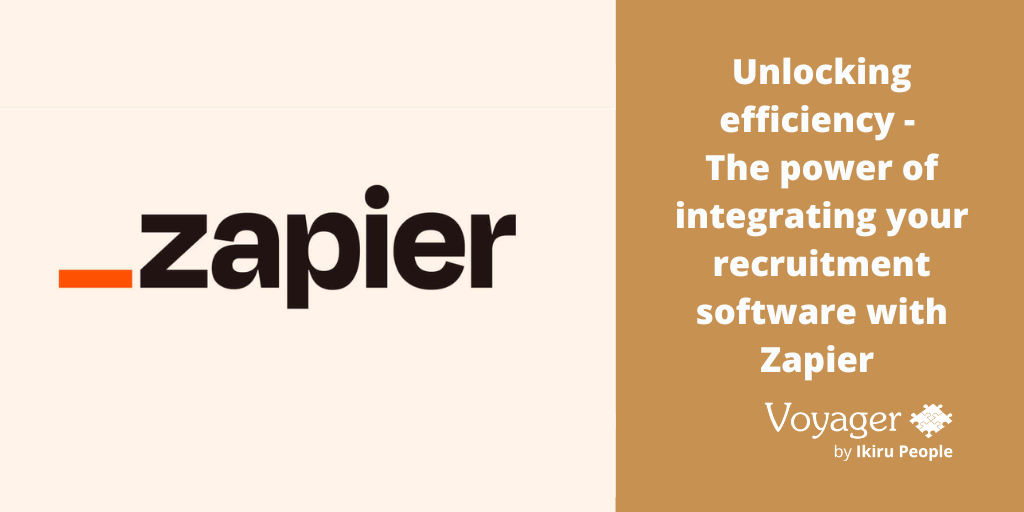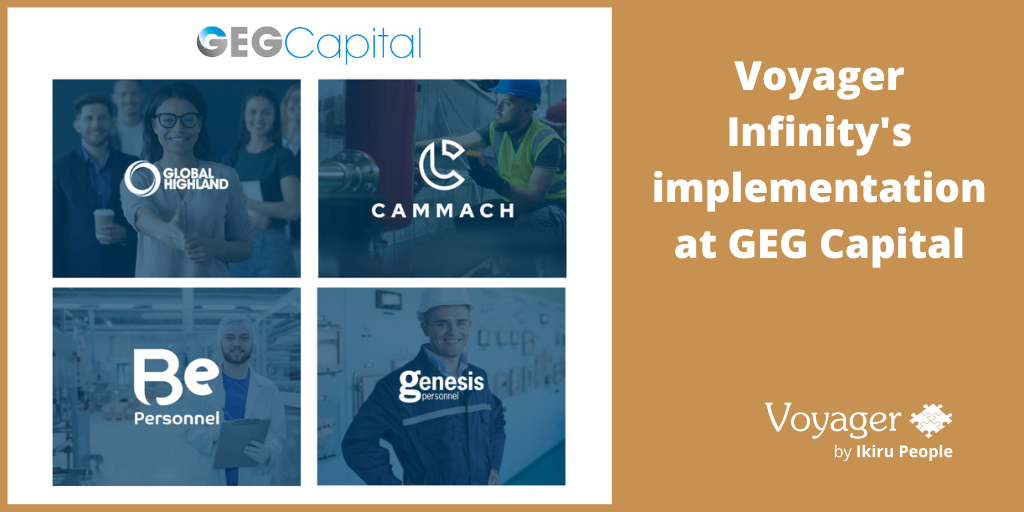In the course of thinking about this recently, I found myself reflecting on how the recruitment industry has changed over the last couple of decades, and on what good recruitment looks like today.
The changing world.
We all know that businesses face different demands today than they faced 20 years ago. HR, internal recruiters and hiring managers have fresh challenges as they try to identify, appeal to and retain the best talent using a mix of media, new engagement methodologies and more flexible compensation and benefits packages.
The candidates they seek have new expectations and behave differently. There are more opportunities for remote working, bringing your own device to work (BYOD), changes in how data is used, how long we all expect to work for, the average tenure in roles and so on… and on, and on.
No surprise, then, that the role of the recruiter has changed. But I’d argue that the last 20 years in the recruitment industry have acted as a process of evolution helping to separate the wheat from the chaff, and setting the bar higher for people entering the industry. I think this is something that recruiters should embrace, and for me the only available conclusion to draw is that quality of service and customer value must underlie everything we do as recruiters.
Digital communication – both a help and a hindrance?
One of the biggest drivers of change, and a phenomena that has created both threat and opportunity to service levels, is, of course, social media. This has generally been paralleled by an equivalent rise in digital services (such as job boards, job aggregators and LinkedIn) that can, theoretically, help candidates and hirers. But it’s also led to a general decline in the art of conversation in preference of online communication for every aspect of the hiring process – usually in an attempt to save time and hassle. This “saving” is often a false economy, as you can’t rush an assignment brief, or at least, not if you want good results.
I believe the best recruiters have the sense to resist this rather than embrace it. I consider it my job to ensure I’ve got a great brief from a client, and I think this is one area in which technology, whilst creating great opportunities for engaging prospective hires (say, through social media), allows all ends of the hiring process to take short cuts that do not benefit them in the long run. Social and digital media are a means, not an end, and we must insist on maintaining the human element of what we do. Of course we can embrace social and digital technology – but not to the detriment of conversation.
Increased specialisation.
What else has changed? Well, what’s happened to recruitment agencies is pretty much what has also happened to in-house business functions and external business partners in all sectors.
We live in a harder, more profit-focused, time-obsessed world, which means that hiring companies expect more bang for their buck, both from the individuals they hire and in terms of the support they get from recruitment partners. There is more scrutiny of budgets, more emphasis on cost saving, and recruitment itself is more likely to be controlled centrally than before – most often by HR or an in-house recruitment team who will very often work with HR and report into a Human Resources Director. Often these teams will use both job boards and social media to pipeline talent, as well as using agencies.
One of the impacts of this is the need for specialist recruiters who can save time, money and hassle by finding the best staff for specialist roles in specialist markets. We’ve been seeing for some time that recruitment has matured to become a niche service. These niche recruiters tend to focus either on a specific function or a vertical market. They know their drivers and the trends of those functions or markets so they can react quickly, build pipelines of talent and consult knowledgeably with clients and candidates alike.
Reducing churn and providing lifetime value.
Furthermore, most organisations now focus on reducing churn. We all know that millennials are less likely to look for “lifetime” jobs and expect to have a number of jobs with relatively low tenure (often around two years per job) in order to get to where they want to be. So companies now are focusing on how to retain their good people, with the happy consequence of employee culture being foregrounded and enhanced, with flexible work packages becoming more common. As a minimum, companies are becoming more inventive about their benefits schemes.
Recruitment companies, therefore, must be set up to both minimise and deal with churn – proactively in the first instance and through knowledge of available talent after the fact. This means proving more value-added services to customers. If one supplier doesn’t provide a good service, there are plenty more who will. So the service element of a recruiter’s portfolio is increasingly important. I see this as a good thing since, on the whole, it has contributed to the increasing professionalization of the industry.
The above two factors – the need for specialist knowledge and the need for strong service credentials – combine in the need to have demonstrable credibility within your markets. I believe that good recruitment today is a case of experts speaking to experts.
What is value?
Value in recruitment now comes not just from the quality of person we provide, but the part we play in on-boarding and after-service, how well we listen and consult on a brief, how well we know the market and the availability of talent, and where that talent may be hiding.
Our value proposition is in everything we do. We have to deliver quality every time, because there is so much competition waiting in the wings to replace us. LinkedIn has provided a platform for candidates to share their negative experiences of recruiters. This added transparency, along with associations like the REC, is helping to hold our industry to account, which is no bad thing. It also encourages a dialogue between recruiters and candidates that can be fruitful and mutually beneficial.
What makes a good recruitment consultant today?
Some things remain the same. A good recruiter must listen well. We need to be able to make sure we get (and understand) a good client brief, and gain a nuanced understanding of our candidates’ wants, needs and abilities. We need to ensure we first seek to understand a business and a hiring team before we begin our assignment. We need to question and probe and understand both of our sets of customers so that we can find the person for the right job, and the right culture. We need to understand that 3 quality CVs generating 3 good interviews is much better than ten so-so CVs.
Without doubt, we must seek face-time with clients when we’re briefing. We need to be able to tell our candidates what their potential workspace is like, what the benefits are and how they play out in the real world, what the parking and the route to the office are like. Similarly, only face-to-face time with candidates can really tell us whether they’re bright, smart, credible, smiley, engaging, open, what their handshake is like, and allow us to read their body language while we interview them.
If we call ourselves recruitment consultants, then we should live up to that title. We have a view and a sense of a market that few clients have, and it’s our job to set expectations if they’re not realistic. Educating clients is about being consultative about available talent, what is out there, what a client can expect to get for a given salary, and so on.
What does the recruitment of the future look like?
I expect to see more in-house recruiters working closely with agencies and developing close partnerships, using the agencies as an extension of their recruitment and marketing efforts. The market for temporary staff remains strong and is likely to do so for the foreseeable future; hirers will always need temp recruitment partners who can step in to resource and deploy temporary workforces quickly, and with quality assured.
How do the best recruiters add value to all customers?
So how do good recruiters add value to clients and candidates? It’s no great secret – but to achieve it, we have to work hard. It’s by listening, understanding and doing. By managing expectations and making sure we do what we say we will do.
Recruiters must think about the potential business, too – not just the next assignment, but the one after and the one after that, and so on – and ensure they’re building a pipeline of talent and a view of the market that will benefit their clients. That benefits candidates too, because it involves knowing who is out there, who is good, who is looking, and what they’re looking for. In short, we must be vigilant.
Conclusion.
We must embrace the changes that we see – quite simply, we must adapt or perish. The competitive hiring market has helped to separate the wheat from the chaff, and means that vigilance is one of the most valuable qualities we can offer to all of our customers.
By Jane Leese, Branch Manager, 1-1 Recruitment
Voyager Infinity and Voyager Mid-Office are software solutions that make Recruiters’ lives easier. Voyager Infinity is a CRM used by thousands of recruiters globally to source, nurture and maintain the relationships with their clients and candidates, and Mid-Office manages the entire Pay and Bill process (IR35 ready).














